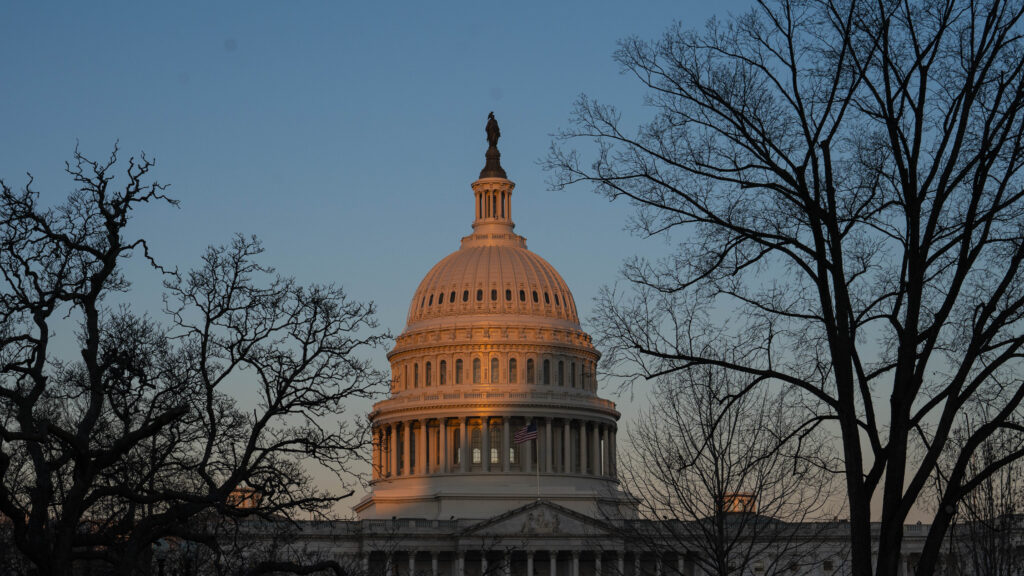WASHINGTON — The Senate Finance Committee plans to vote Nov. 8 on legislation that includes substance abuse and mental health policies, reforms to drug middlemen’s business practices, and extensions to provider payment policies in Medicare and Medicaid, according to five health care lobbyists.
The legislation would package together versions of health care policies that the committee has been working on for some time.
advertisement
The Finance Committee did not respond to confirm the upcoming hearing.
Details are difficult to come by, especially on how the legislative package would be paid for, but here are a few policies that are expected to be included.
Mental health: The legislation is expected to include a provision that would make it easier for state Medicaid programs to cover services for inmates with substance abuse disorders as they enter jail, according to one lobbyist.
advertisement
Medicare and Medicaid pay policy extensions: There are several payment policies in Medicare and Medicaid that many lawmakers would like to renew. A big one is to delay a Medicaid pay cut to a program that rewards hospitals that care for a disproportionate share of patients who are uninsured or are on Medicaid.
Another is an extension of the State Health Insurance Assistance Program. The program pays states for outreach and counseling of Medicare beneficiaries on Medicare and other health insurance issues.
Drug middlemen: This is the piece with the fewest details, and one lobbyist said there is still negotiation between Senate Finance and the House over reforms to pharmacy benefit manager practices. Some lobbyists said the PBM reforms are aimed at helping pharmacies. Finance Committee Chair Ron Wyden (D-Ore.) has long complained that pharmacies in his state are being run out of business by PBM tactics.
It would likely cost the government less to protect community pharmacies from PBMs than it would to reform PBM practices that would lower drug prices for beneficiaries. Health insurers use PBM-negotiated drug rebates to lower premiums, which the government subsidizes. If Congress were to make PBMs subtract rebates from drug prices at the pharmacy counter, government premium subsidies would go up. When the Trump administration tried to make insurers pass rebates to seniors, the Medicare actuary projected it would cost the government $196 billion over a decade.

